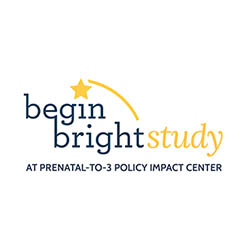- Home
- /
- Research Topics
- /
- Immunizations
Immunizations
Immunizations protect against a variety of diseases that can lead to serious health consequences. This protection reduces infant and child mortality rates. Immunizations also prevent long-term health complications and disability, allowing children to fully participate in social and educational activities, promoting overall development. Immunization rates are an indicator of optimal child health and development.
Featured Resource
Browse state-level data on immunizations and other outcome measures to track the overall health and wellbeing of infants, toddlers, and their parents.
Related Resources
Early educators remain among the most underpaid workers in the nation despite playing a critical role in child development and enabling workforce participation for parents. Across the country, the median wage for early educators is
TRANSFORMATIVE EARLY LITERACY INITIATIVE AIMS TO BUILD FOUNDATIONAL READING SKILLS IN CHILDREN FOR LONG-TERM SUCCESS. Press Contact: Sydne Lewis, 615-343-9946, sydne.lewis@vanderbilt.edu The Prenatal-to-3 Policy Impact Center is proud to announce the launch of a comprehensive
In the 20 states where the minimum wage is set at the federal level of $7.25 per hour, full-time workers earning the minimum wage are paid well below the federal poverty line, making it difficult
Since the release of our 2020 Prenatal-to-3 State Policy Roadmap, every state has increased their investment in at least one effective Roadmap policy, but the choices they have made vary considerably. The distinct choices that
Research is clear that money matters for children’s wellbeing and achievement. Greater income allows parents to better meet children’s basic needs, and financial stability can reduce parental stress. State child tax credits (CTCs) provide one
Ever since the successful temporary expansion of the federal child tax credit (CTC) in 2021, state CTCs have become an increasingly common state policy to support families’ economic stability. Prior to the expansion, only 6







